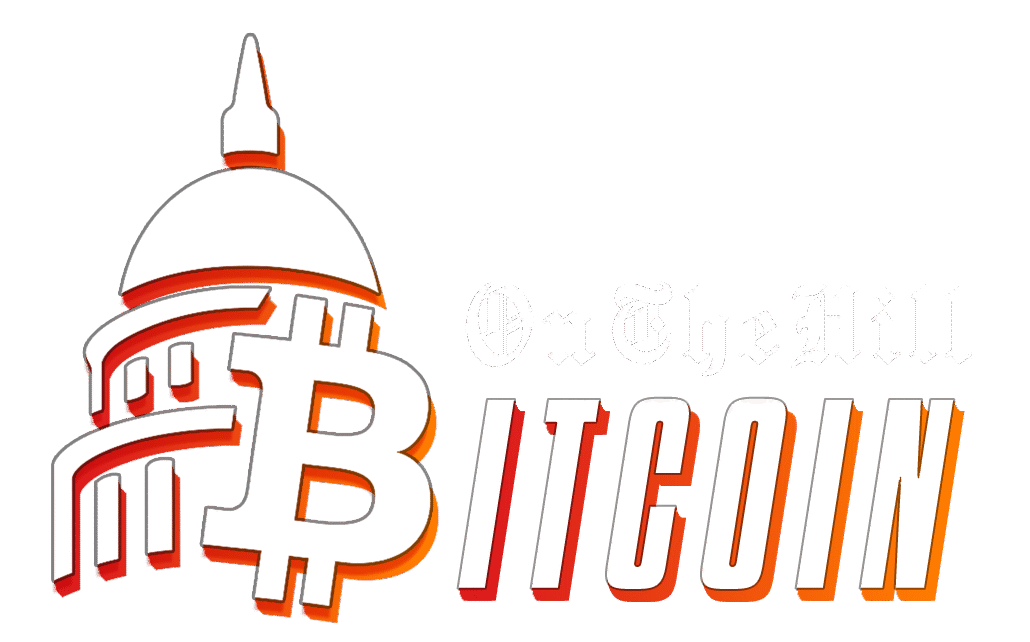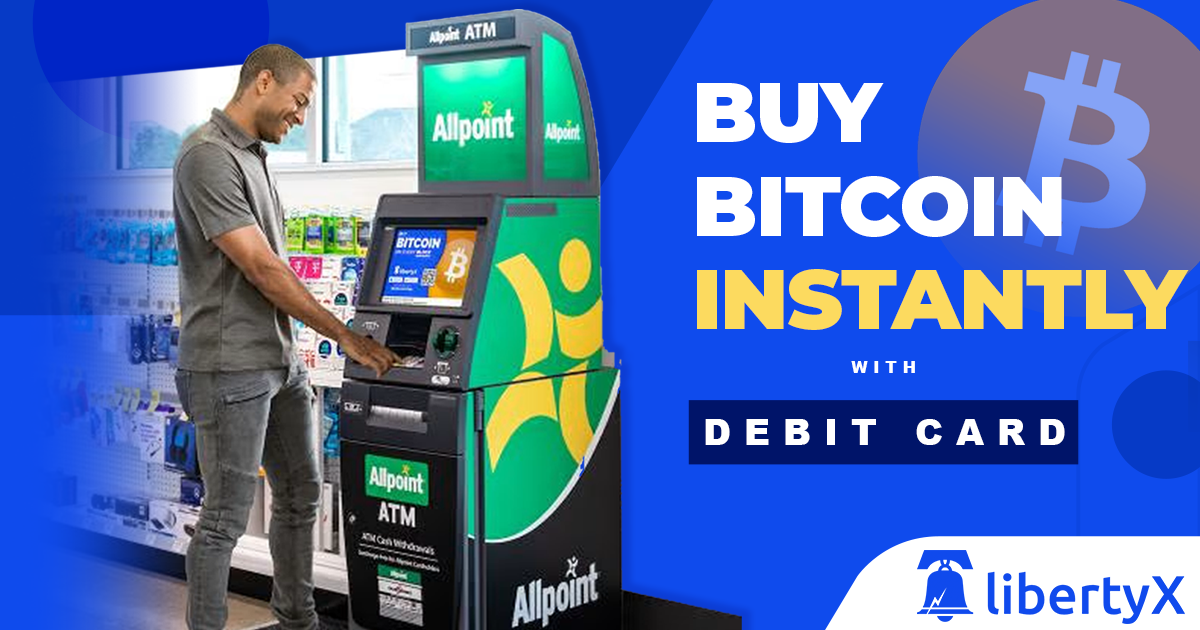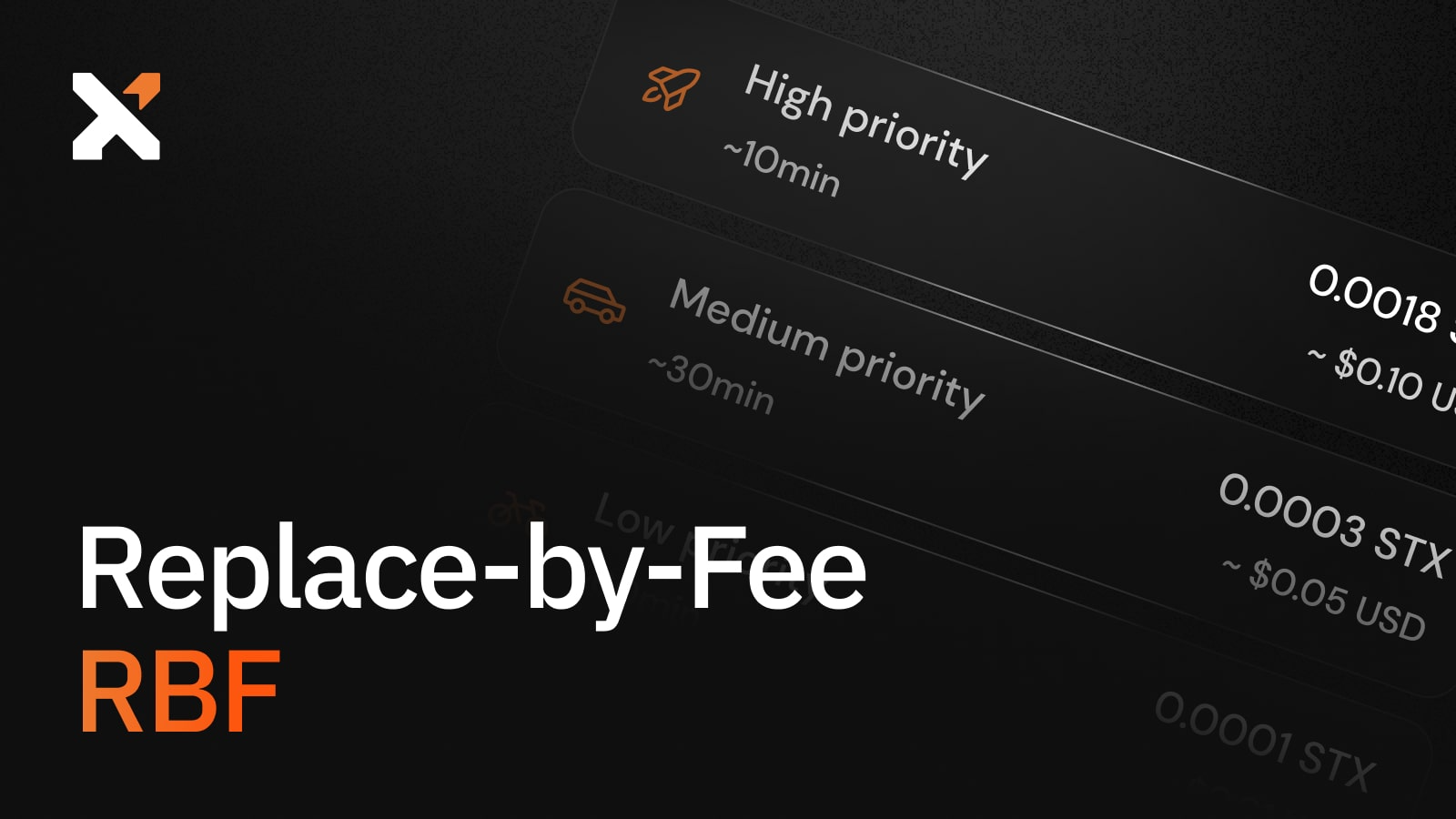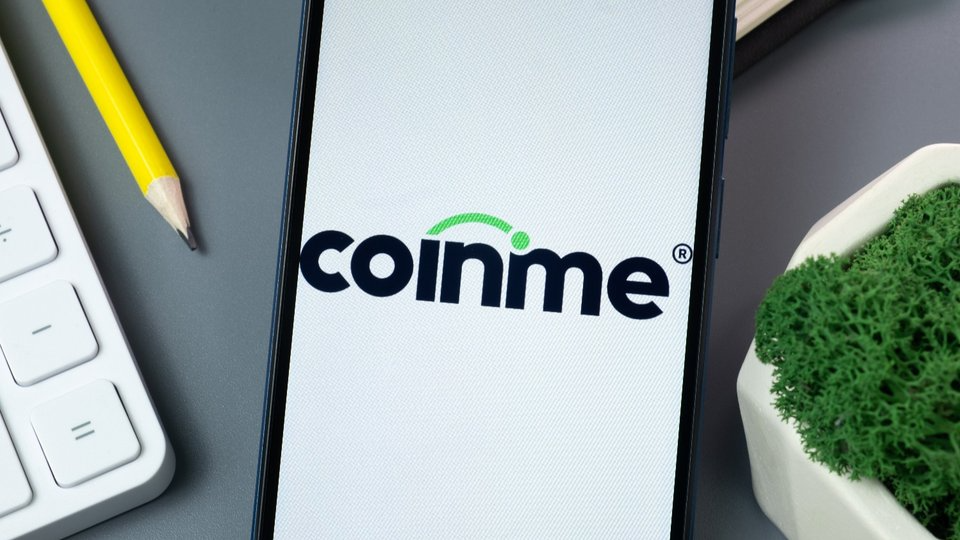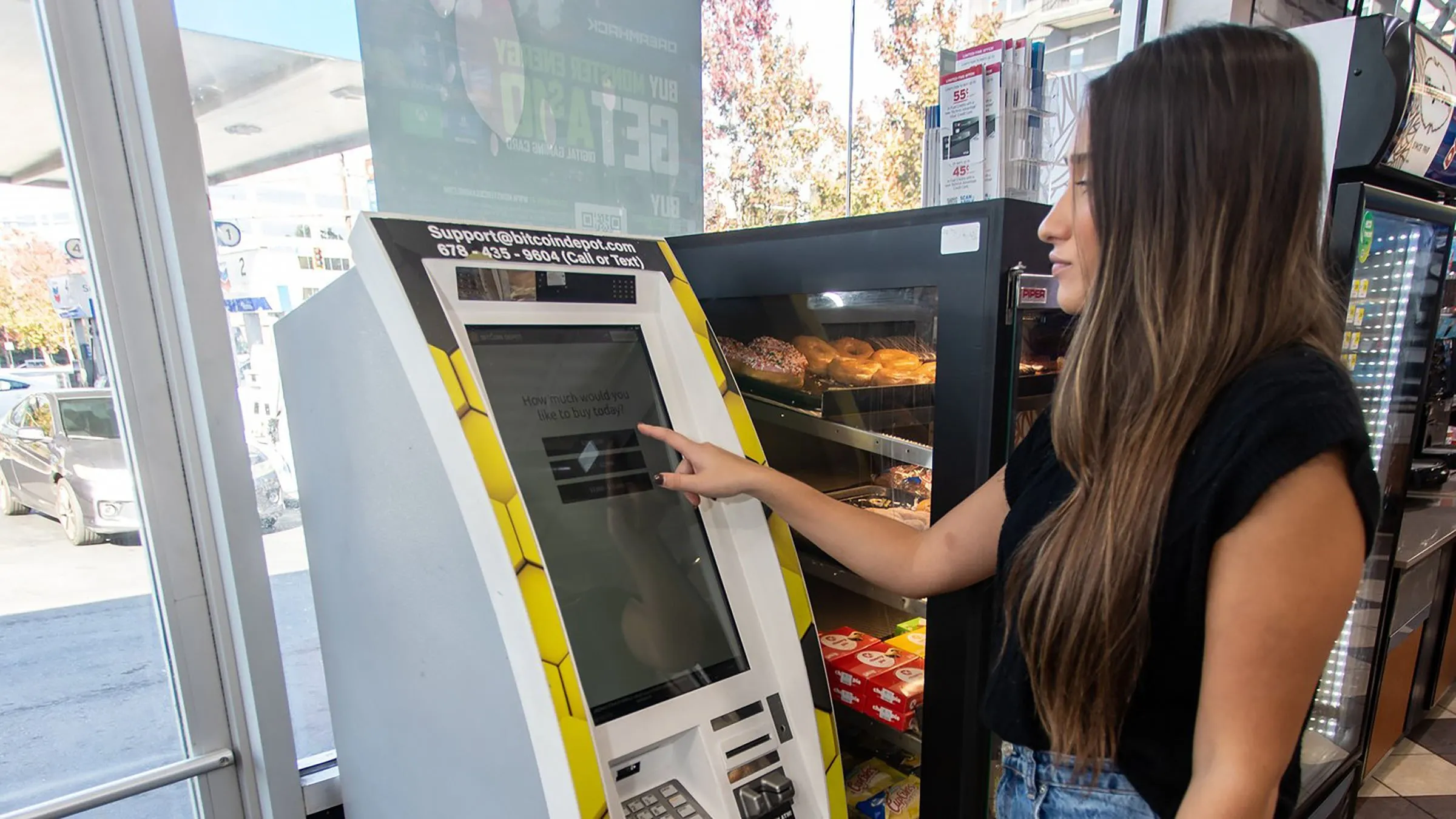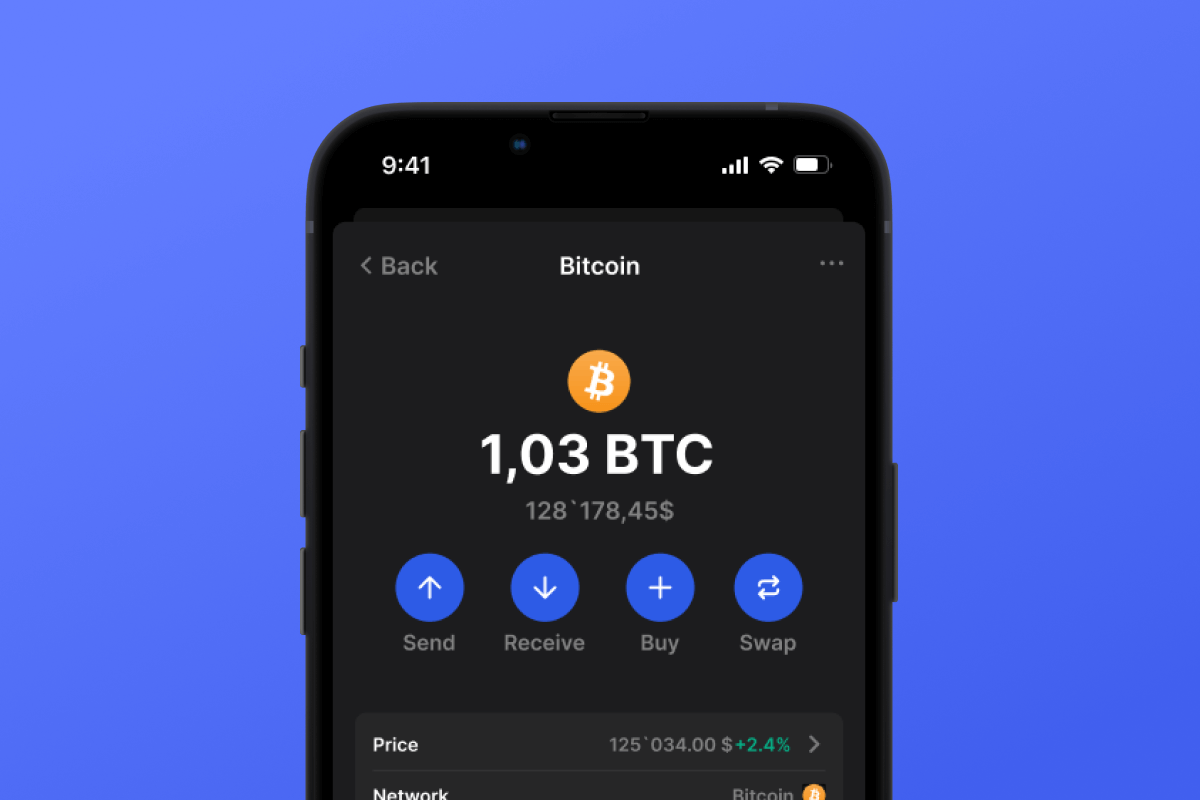When purchasing or selling bitcoin in the U.S., many users look for convenience and transparency. LibertyX offers a large retail network for buying and selling bitcoin, but how do their fees stack up? In this article we’ll unpack the fee structure at LibertyX — including retailer service fees, ATM/debit-card conversion rates, and the percentage fees involved. The aim: you’ll walk away knowing exactly what you’ll pay, and what to watch out for.
How LibertyX Works: Retailers, ATMs & Payment Methods
Before diving into the fees, it’s helpful to understand how LibertyX delivers its services:
- LibertyX partners with retail locations (chain stores or independent retailers) where you can walk in and buy bitcoin with cash or debit card using the LibertyX app or kiosk. libertyx.com+2libertyx.com+2
- LibertyX also supports “sell bitcoin for cash” via ATMs in partner locations (you send bitcoin, you get cash via code at the ATM). libertyx.com+1
- The exact fee you pay depends on the payment method (cash or debit card), the type of store (chain retailer vs independent), and possibly the ATM method. As LibertyX states: “Fees vary across payment methods … and store type (Chain vs Independent Retailer)” libertyx.zendesk.com+1
So when you go to make a purchase or a sale, you’ll want to check the specific location in the app for the fee information. libertyx.com+1
Fee Breakdown: What You’ll Pay
1. Buying Bitcoin at Chain Retailers (Cash)
If you buy bitcoin with cash at a chain retailer (for example a major store partner of LibertyX), one of the simplest fee setups is:
- LibertyX previously advertised a 0 % “conversion fee” to convert your cash to bitcoin at chain retailers (as part of a promotion) — though this was time-limited and may not always apply. libertyx.com
- At the same time, there is a flat retailer service fee, e.g., $4.95 per transaction at chain retailer locations. libertyx.com+1
- For example, a blog-post summary stated: “LibertyX charges a flat 8% at its ATMs and currently is running a 0% conversion fee promotion at its chain retailers.” libertyx.blog
- Note: That 8% figure is for ATMs (see next section) not necessarily for cash at chain retailers.
- So if you walk into a big retailer, it might read: pay $X in cash, plus $4.95 retailer fee, and you receive bitcoin. The “spread” (difference between their exchange rate and spot bitcoin price) still applies (see “spread” below).
2. Buying Bitcoin via ATM or Independent Retailer / Debit Card
When you buy using a debit card or at an independent retailer or via ATM, the fees are higher and somewhat more variable:
- LibertyX’s help page states: “Generally, the fees range from 1 % to 8 % of the transaction amount.” BYDFi+1
- A specific blog summary said: “LibertyX charges a flat 8% at its ATMs …” libertyx.blog
- Also from the Terms of Service: “LibertyX applies a 0.5% spread above the prevailing CoinDesk Bitcoin Price Index (XBX) rate at the time of transaction. … The exchange rate (as set by us), store fees, and miner fees … may be changed without notice.” libertyx.com+1
- Meaning: part of the “fee” you pay is built into the exchange rate (a markup over spot).
- For example: A Reddit user reported buying $100 worth of BTC in a store and received ~$95.58 after a $4.95 flat fee + rate spread. acudc.com+1
3. Selling Bitcoin for Cash
If you’re selling bitcoin via LibertyX (i.e., sending bitcoin and getting cash out at an ATM partner), here are the known fees:
- LibertyX states: “The fee for selling bitcoin for cash at our ATMs is the greater of 2% or $5.” libertyx.zendesk.com+1
- So if you sell $100 of bitcoin, 2% = $2, but since the minimum is $5, you’d pay $5. If you sell $500, 2% = $10, so you’d pay $10.
- They also say: “You should not be charged any additional fees (processing fee or sales tax) above what is listed.” libertyx.zendesk.com
Things to Watch: Hidden Costs & Considerations
- Exchange rate markup (“spread”): Even if no explicit additional “fee” is shown, LibertyX states a 0.5% spread above the spot index is included — and depending on location, the markup may be larger. libertyx.com+1
- Store or cashier markup: Some independent stores may charge extra above what is shown in the app (user reports). For instance, on Reddit one user wrote: “They give you a horrible exchange rate. … the price will be $120k [for BTC] while spot is $100k. Then they charge the 2% on top of that.” Reddit
- Miner/network fees: When you buy bitcoin, you’ll also pay a miner fee (or network fee) as part of the transaction. LibertyX shows this in the transaction details. libertyx.com+1
- Promotions may expire: For example the 0% conversion fee at chain retailers was a promotional rate valid “through December 31 2021” (as cited) and may have changed. libertyx.com
- Location variation: Each store location lists its accepted payment methods and specific fees in the LibertyX app. You should always check your store’s fee before proceeding. libertyx.com+1
Verdict: Is LibertyX Fee-Competitive?
Overall, LibertyX provides a convenient way to buy or sell bitcoin in-person, which is a valuable service — but that convenience comes at a cost compared to online exchanges or peer-to-peer methods.
- On the low end (retail cash purchase at chain location with flat fee), the cost can be quite reasonable — e.g., $4.95 flat + small rate markup.
- On the higher end (ATM or independent retailer/debit purchase), you may pay 1 % to 8 % of the transaction amount, plus rate mark-ups and miner fees.
- For selling bitcoin for cash, the 2 % or $5 minimum is relatively straightforward and modest for small to mid-sized amounts.
Thus, if you value rapid in-person access and live near a LibertyX location, it may be worth the premium. If your goal is lowest cost and you’re comfortable with online methods, you might find lower fees elsewhere.
Practical Tips Before You Use LibertyX
- Use the app to select your exact store location, check the payment method (cash vs debit), and view the displayed fee for that location before making the transaction.
- For cash purchases at retail chains, compare whether the “flat fee” setup applies in your store — if yes, it may be the best cost scenario.
- For ATM or debit-card purchases, watch out for higher mark-ups or extra fees; consider whether you’re comfortable paying a higher fee for convenience.
- If selling bitcoin for cash, check that you understand the “greater of 2% or $5” rule and plan accordingly.
- Double-check your bitcoin wallet address, ensure you’re using a non-custodial wallet, and account for miner fees/transaction confirmations.
- If you have the time, compare the overall cost (including rate spread + fees) with other exchanges to decide whether LibertyX is worth the premium in your case.
Conclusion
LibertyX offers a flexible in-person option for buying and selling bitcoin. Its fee structure is clear in many cases — flat fees at some locations, defined percentage fees when selling, and defined ranges when buying via ATM or independent retailer. That said, the total cost you pay includes not only explicit fees but also rate mark-ups and store-specific variations. To minimize surprise costs, always check your location in the app and review the fee breakdown before completing a transaction.
